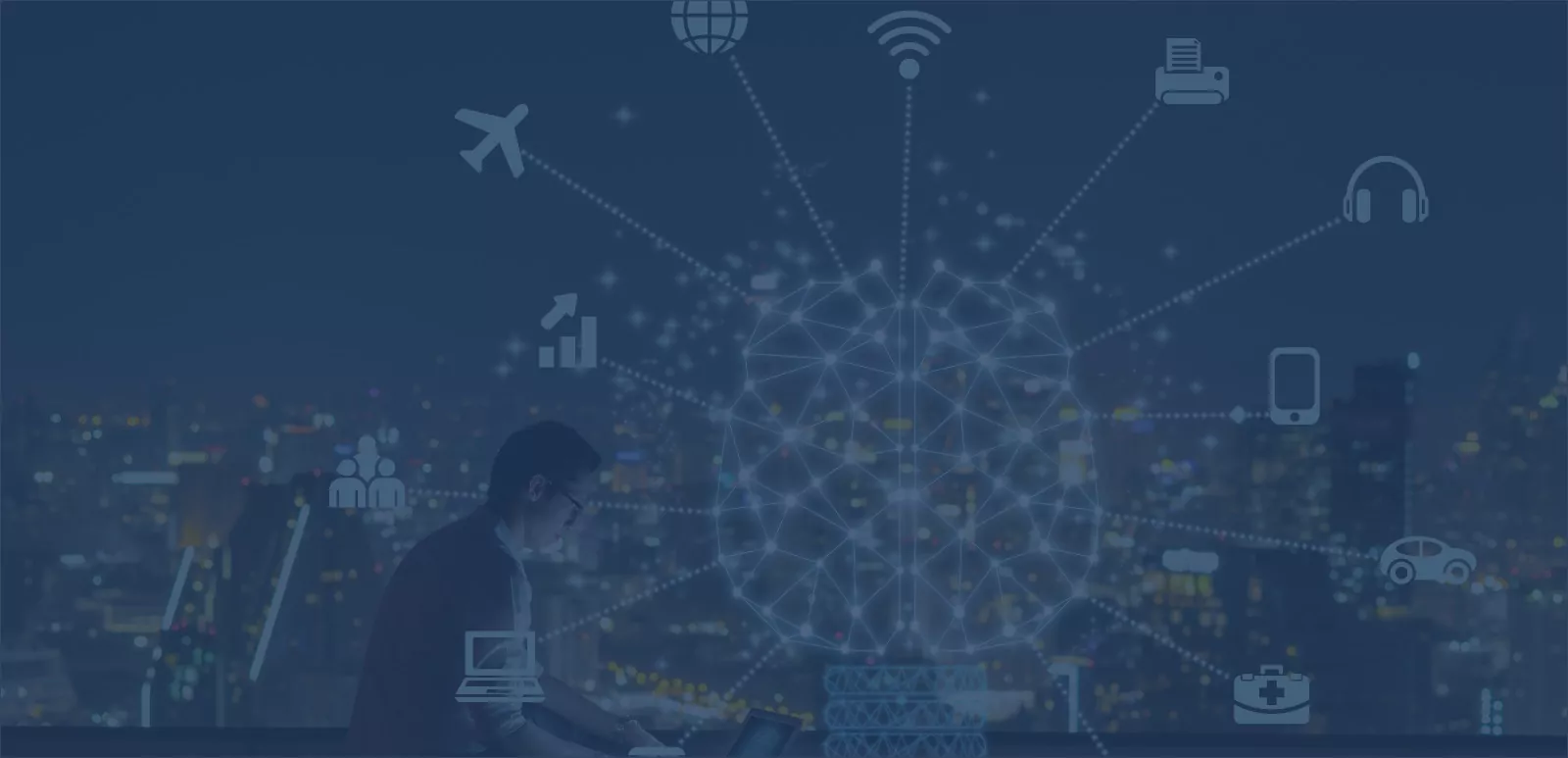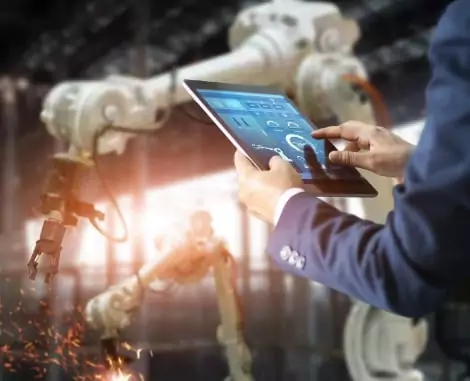The internet of things applications may serve countless purposes. The technology has been eagerly adopted by both individuals (solutions such as a smart home) and corporations that want to improve their business processes.
Smart homes and buildings
The area that adopted the internet of things pretty quickly is smart home solutions. One of the reasons for the occurrence is the growing availability of home devices equipped with wireless technologies and low-cost sensors. IoT enables the monitoring and management of all appliances in the system, such as heating, lighting, ventilation, and security devices. The system can adjust settings automatically based on the owners’ preferences or surroundings, for example dim the lights in the evening, increase the temperature when the homeowners are coming back from work or when temperatures outside drop drastically. It all translates into higher security, the comfort of living, and savings that result from more efficient resource management.
Smart city
The technological development of cities and efficient city management would not be possible without the internet of things. IoT can be taken advantage of in all areas of city life, such as transportation, construction, energy systems, environment, security, and health system. Some of the examples are street lights that adapt to the prevailing conditions, traffic management systems, smart parking, smart surveillance systems, or car-sharing services. Smart city solutions help to manage natural resources in a better way, improve energy distribution, provide accurate trash collection, improve air quality, ease traffic congestion, and many more. As a result, cities have the chance to become better places to live – both for residents and tourists.
Industrial IoT
In a smart factory, thanks to the industrial internet of things (IIoT), access to real-time process data can be available from every single place and machine. Thus, most of the processes can happen without or with minimum human factor involvement, using machine-to-machine communication. The IoT system attunes itself, based on current and historical data. IIoT is also eagerly used in production-line monitoring for predictive maintenance to avoid costly downtimes. The sensors can not only detect a failure but also in many cases anticipate it. Some of the greatest benefits of IoT in manufacturing are the reduction of human errors, process optimization, efficiency increase, cost reduction, and improved quality of products.
Innovative IoT startups
The internet of things raises endless possibilities for creating innovative digital products, far beyond computers and smartphones only. We help companies to build products based on IoT solutions, from business analysis, through the proof of concept, to MVP building, and further development. We provide software development services for products that integrate numerous data streams to provide unprecedented value to your customers.




